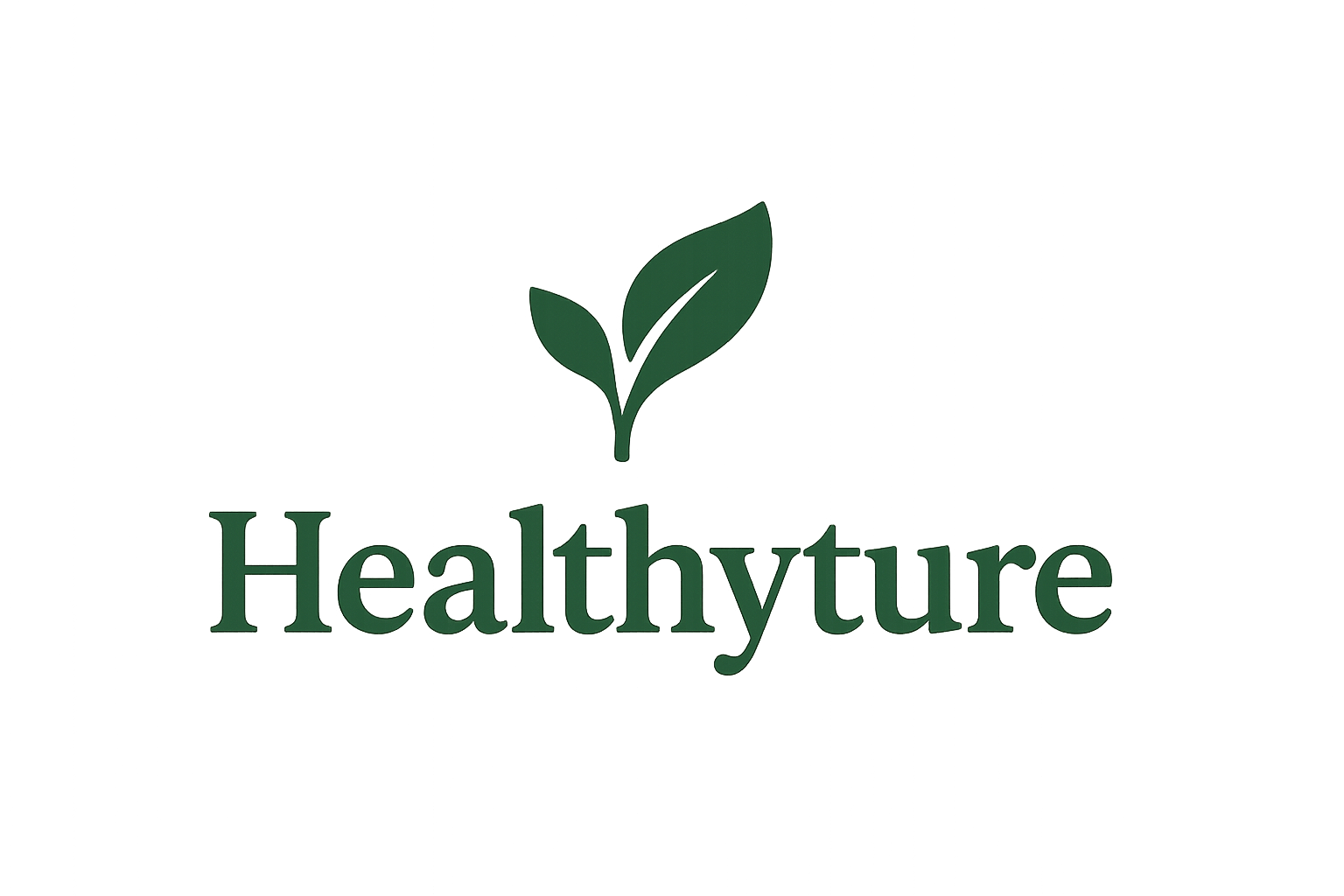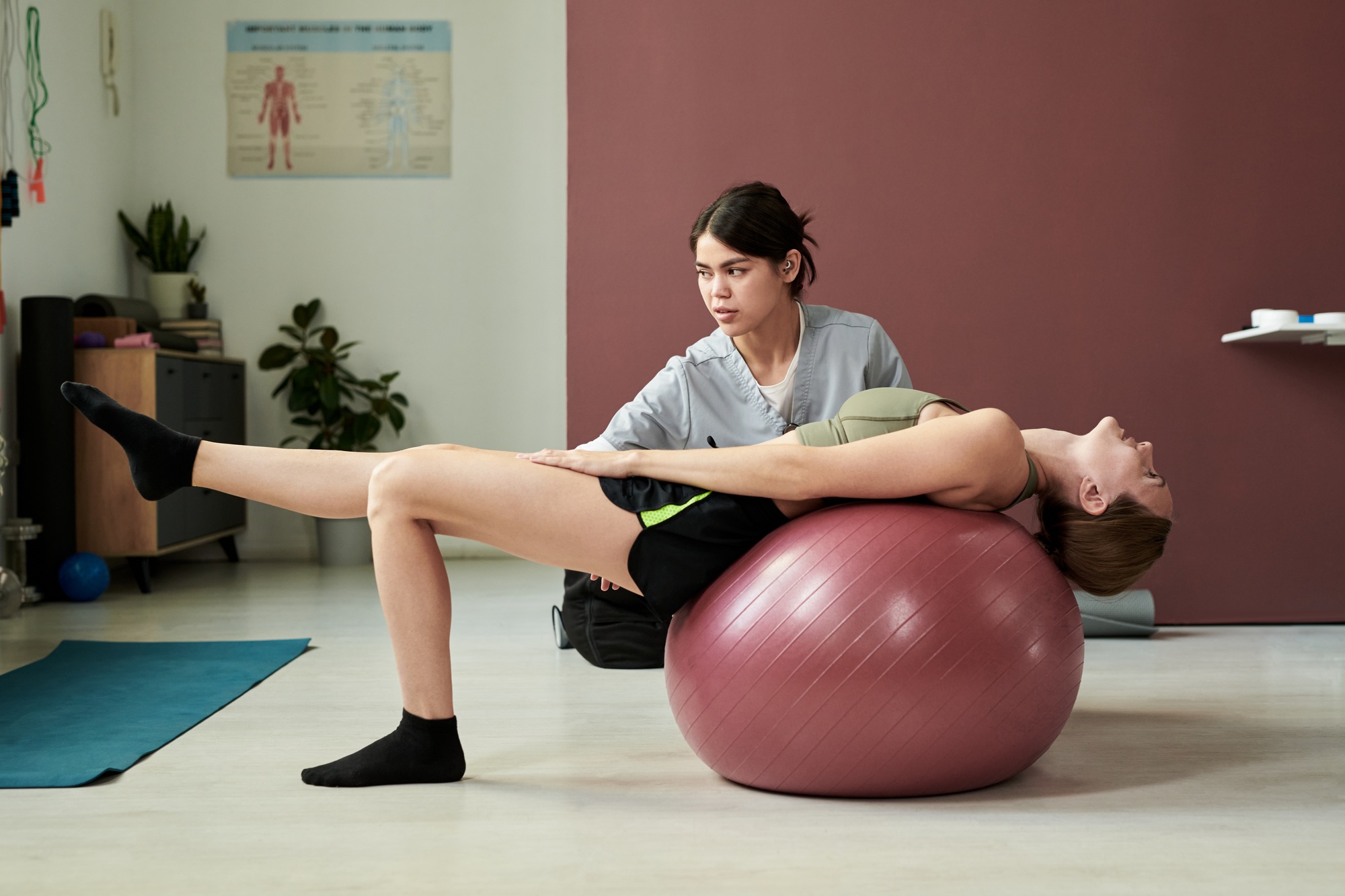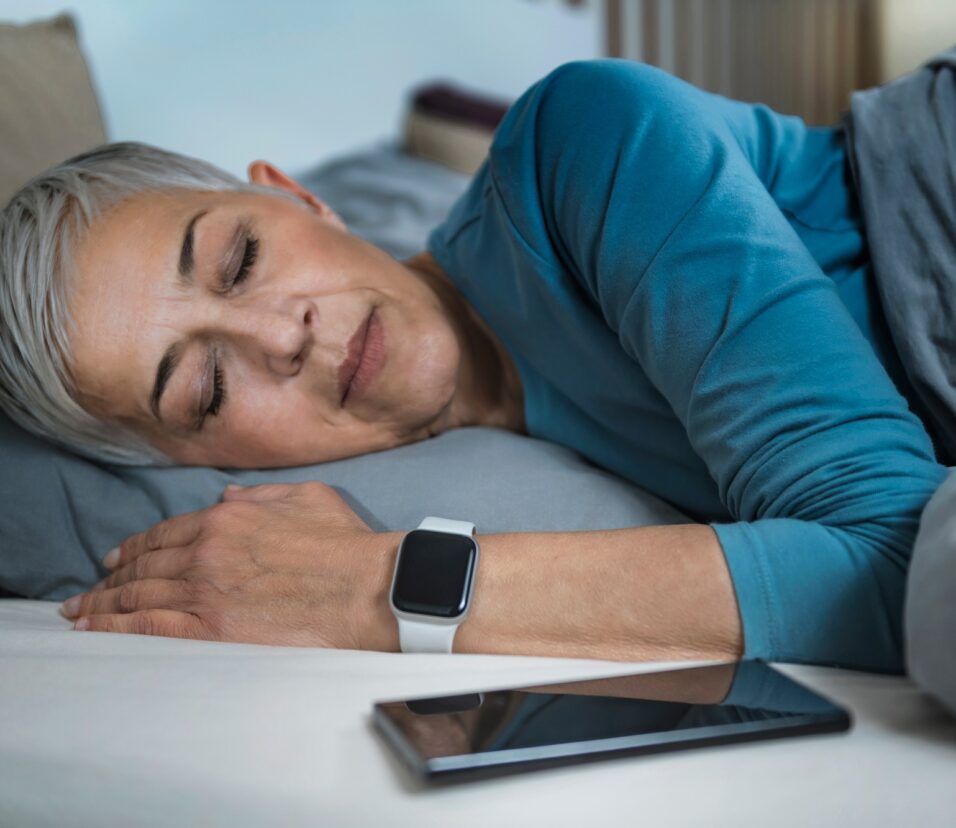Wellness + Recovery: The Ultimate Guide to Healing Your Body and Mind (2025 Edition)
Introduction
In today’s fast-paced world, people are always running after success, fitness, and productivity. But one thing often ignored in this constant hustle is recovery. True wellness is not just about eating healthy or exercising daily — it’s about how well your body and mind restore, repair, and recharge after the daily stress you put them through.
Recovery is the missing link in many people’s health journey. Without it, even the best diets, workouts, and lifestyle plans fail to show long-term results.
In this in-depth guide, we will explore:
- ✅ The connection between wellness and recovery
- ✅ The science of how recovery improves health and performance
- ✅ Practical recovery strategies you can use daily
- ✅ The role of nutrition, sleep, and stress management
- ✅ Modern wellness trends in 2025
By the end, you’ll understand why recovery isn’t a luxury — it’s a necessity for living a long, healthy, and balanced life.
🔹 What is Wellness + Recovery?
Wellness is a holistic state of health that includes:
- Physical fitness
- Mental clarity
- Emotional balance
- Spiritual well-being
Recovery is the process that allows your body and mind to heal and adapt after stress — whether that stress comes from exercise, work, or emotional challenges.
Think of recovery as recharging your battery. Just like your phone cannot run without charging, your body cannot function optimally without recovery.
🔹 Why Recovery is Essential for Wellness
When you exercise, work long hours, or deal with stress, your body enters a state of strain:
- Muscles break down.
- Energy stores get depleted.
- Stress hormones increase.
- The nervous system becomes overloaded.
Recovery helps you:
- Repair tissues and build strength 💪
- Improve sleep quality 😴
- Lower stress and anxiety 🧘
- Boost immunity 🛡️
- Prevent burnout 🚫
👉 Without recovery, you risk chronic fatigue, mental stress, poor focus, and even serious health issues.
🔹 The Science of Recovery
Modern science shows that adaptation happens during rest — not during effort.
When you sleep or relax:
- Muscles repair micro-tears from workouts.
- The nervous system shifts into parasympathetic mode (rest-and-digest).
- Hormones like growth hormone and testosterone increase.
- Cortisol (the stress hormone) decreases.
In short: Recovery = Growth.
🔹 Best Recovery Strategies for Wellness
Let’s break down science-backed recovery methods you can use in your lifestyle.
1. Prioritize Sleep 🛏️
Sleep is the #1 recovery tool. Without enough deep sleep, your body cannot repair or restore.
- Aim for 7–9 hours per night.
- Keep your sleep environment cool, dark, and quiet.
- Reduce blue light exposure before bed.
- Try relaxation techniques like reading or meditation before sleep.
2. Active Recovery 🚶♀️
Instead of lying on the couch all day, try light movements that stimulate circulation without adding stress:
- Walking
- Yoga
- Swimming
- Cycling at an easy pace
Active recovery improves blood flow, reduces soreness, and speeds up healing.
3. Nutrition for Recovery 🥗
Food is fuel — but also medicine. Your recovery depends on what you eat:
- Protein → Repairs and rebuilds muscles.
- Carbohydrates → Restore energy.
- Healthy fats → Reduce inflammation.
- Vitamins & minerals → Support immunity and cell repair.
- Hydration → Water and electrolytes for balance.
Example recovery meal:
Grilled chicken, quinoa, avocado, steamed broccoli, and blueberries.
4. Stress Management 🧘
Stress is a silent recovery killer. Chronic stress raises cortisol, weakens immunity, and delays healing.
Effective stress recovery strategies:
- Meditation or mindfulness
- Breathwork exercises
- Journaling
- Spending time in nature
- Limiting screen time
5. Massage & Foam Rolling 💆
Massage therapy and self-myofascial release (foam rolling):
- Improve blood circulation
- Reduce stiffness and soreness
- Relax the nervous system
Even 10–15 minutes after workouts can improve recovery significantly.
6. Cold & Heat Therapy ❄️🔥
- Cold therapy (ice baths, cryotherapy) → reduces inflammation and soreness.
- Heat therapy (saunas, hot baths) → relaxes muscles, improves circulation.
- Contrast therapy (alternating hot and cold) → enhances circulation and speeds up healing.
7. Digital Detox 📵
Recovery isn’t only physical — it’s mental.
- Reduce screen time, especially before bed.
- Take “tech-free” hours daily.
- Replace scrolling with mindful activities like reading or walking.
🔹 Modern Recovery Trends in 2025
Wellness and recovery are evolving rapidly. Here are the top trends in 2025:
- Wearable Recovery Tech
Smartwatches now track sleep quality, stress, and HRV (heart rate variability) to show how recovered you are. - Infrared Saunas
Growing in popularity for detoxification and muscle recovery. - Adaptogens & CBD
Herbs like ashwagandha, reishi, and CBD oil are being used for stress relief and recovery. - AI-Powered Recovery Plans
Apps now create personalized rest and nutrition strategies based on your lifestyle.
🔹 Recovery Mistakes to Avoid
Many people unknowingly sabotage recovery. Avoid these mistakes:
- Training too hard without rest days ❌
- Eating too little protein ❌
- Sleeping less than 6 hours ❌
- Ignoring mental stress ❌
- Believing recovery = being lazy ❌
Remember: Recovery is not weakness — it’s strategy.
🔹 FAQs on Wellness + Recovery
Q1: How many rest days should I take per week?
At least 1–2 full rest days, depending on training intensity.
Q2: Can recovery speed up fat loss?
Yes. Proper recovery reduces cortisol, which helps regulate metabolism and fat burning.
Q3: Is yoga a recovery method?
Absolutely! Yoga improves flexibility, reduces stress, and activates the parasympathetic system.
Q4: Can recovery improve mental health?
Yes. Quality sleep, meditation, and stress relief are directly linked to lower anxiety and better focus.









Leave feedback about this